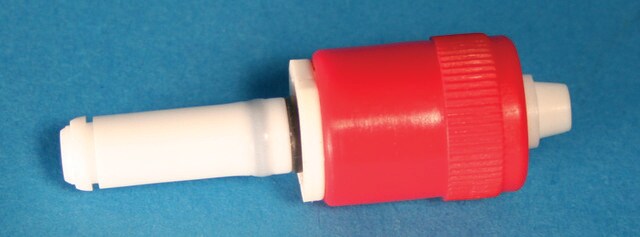860462P
Avanti
N-C16-deoxysphinganine
N-palmitoyl-1-deoxysphinganine (m18:0/16:0), powder
Synonym(s):
N-hexadecanoyl-1-deoxysphinganine (m18:0/16:0); N-C16-1-deoxyDHCer; 110960
About This Item
Recommended Products
Assay
>99% (TLC)
form
powder
packaging
pkg of 1 × 1 mg (860462P-1mg)
pkg of 1 × 5 mg (860462P-5mg)
manufacturer/tradename
Avanti Research™ - A Croda Brand 860462P
lipid type
sphingolipids
bioactive lipids
shipped in
dry ice
storage temp.
−20°C
General description
Biochem/physiol Actions
Packaging
Legal Information
Storage Class Code
11 - Combustible Solids
WGK
WGK 3
Choose from one of the most recent versions:
Certificates of Analysis (COA)
It looks like we've run into a problem, but you can still download Certificates of Analysis from our Documents section.
If you need assistance, please contact Customer Support.
Already Own This Product?
Find documentation for the products that you have recently purchased in the Document Library.
Our team of scientists has experience in all areas of research including Life Science, Material Science, Chemical Synthesis, Chromatography, Analytical and many others.
Contact Technical Service








